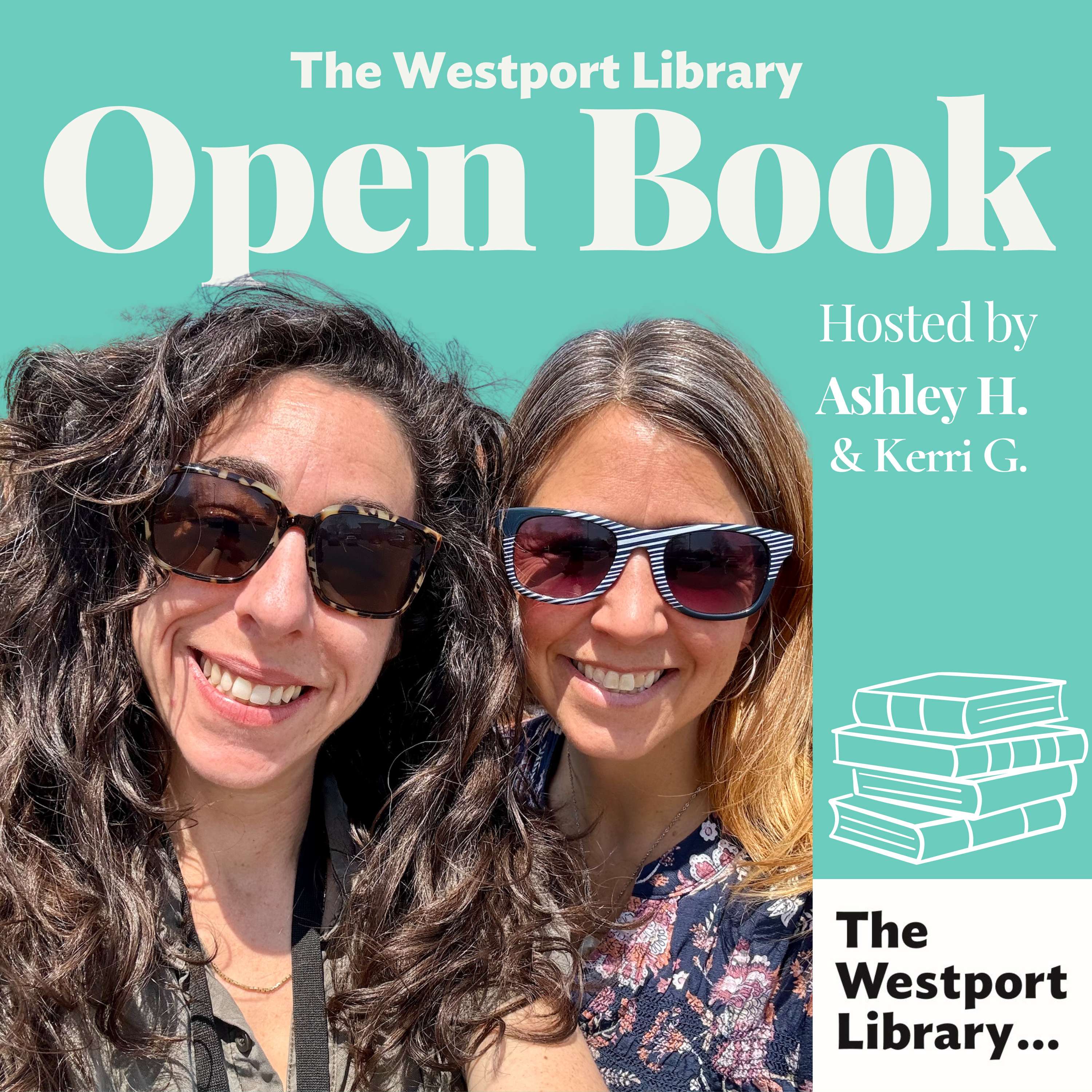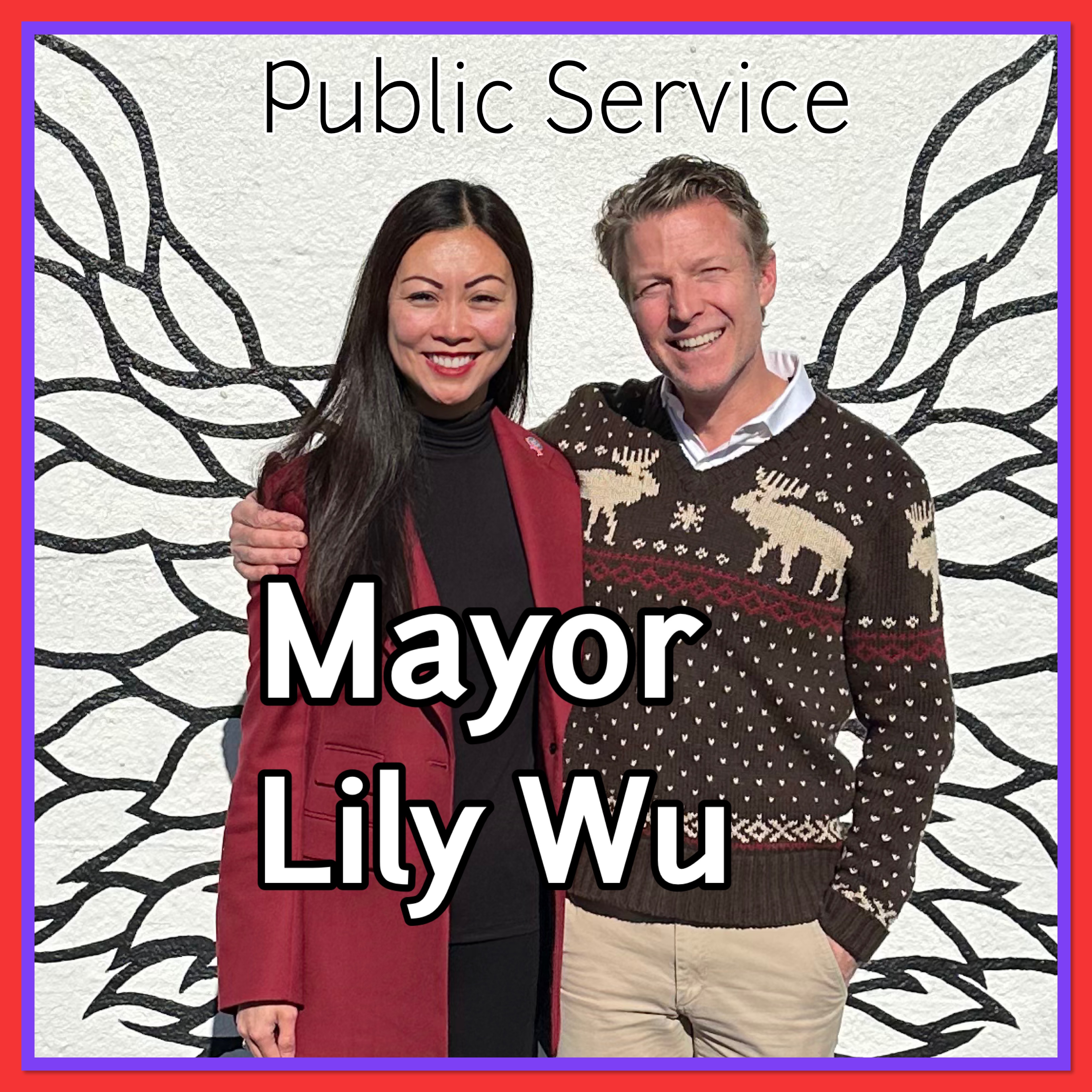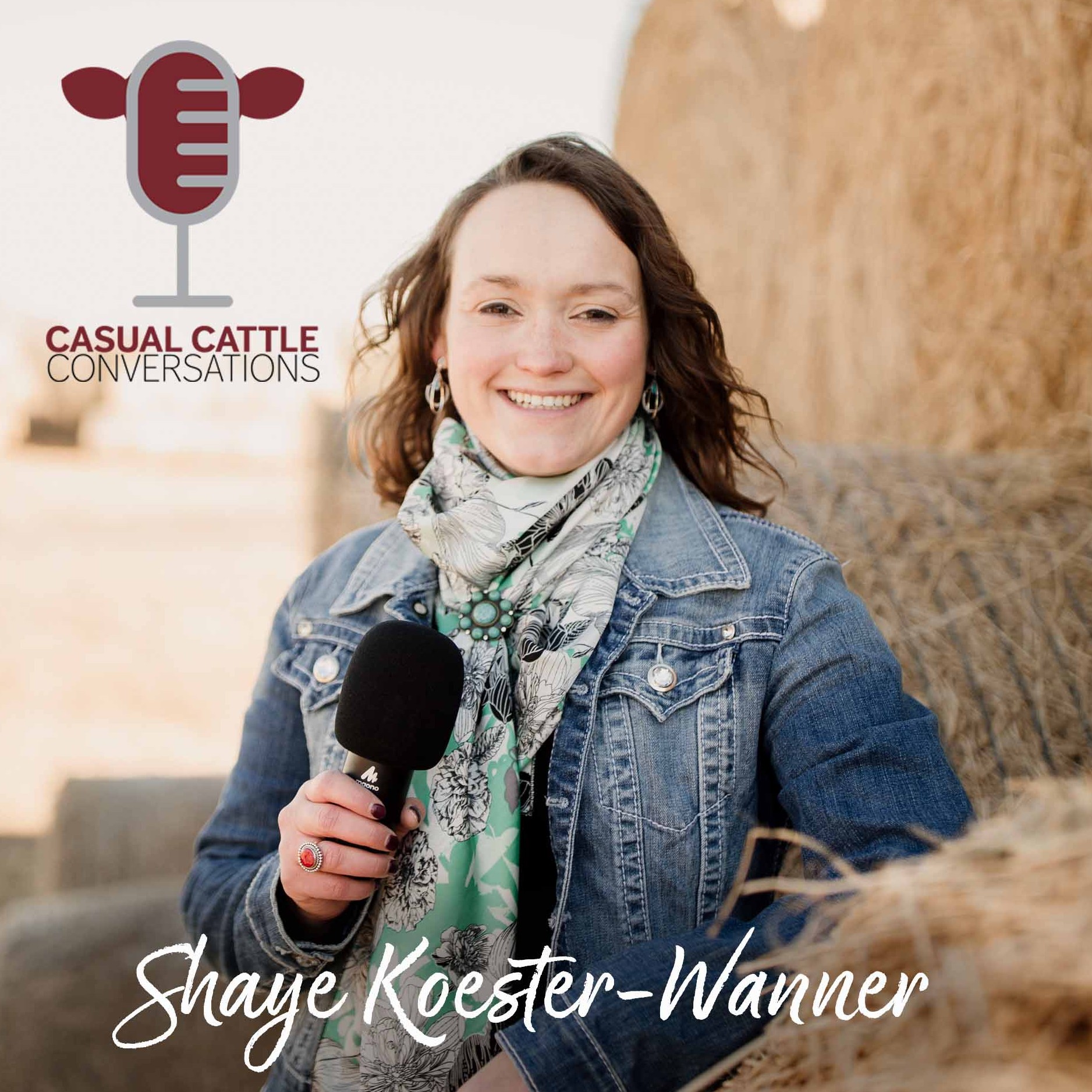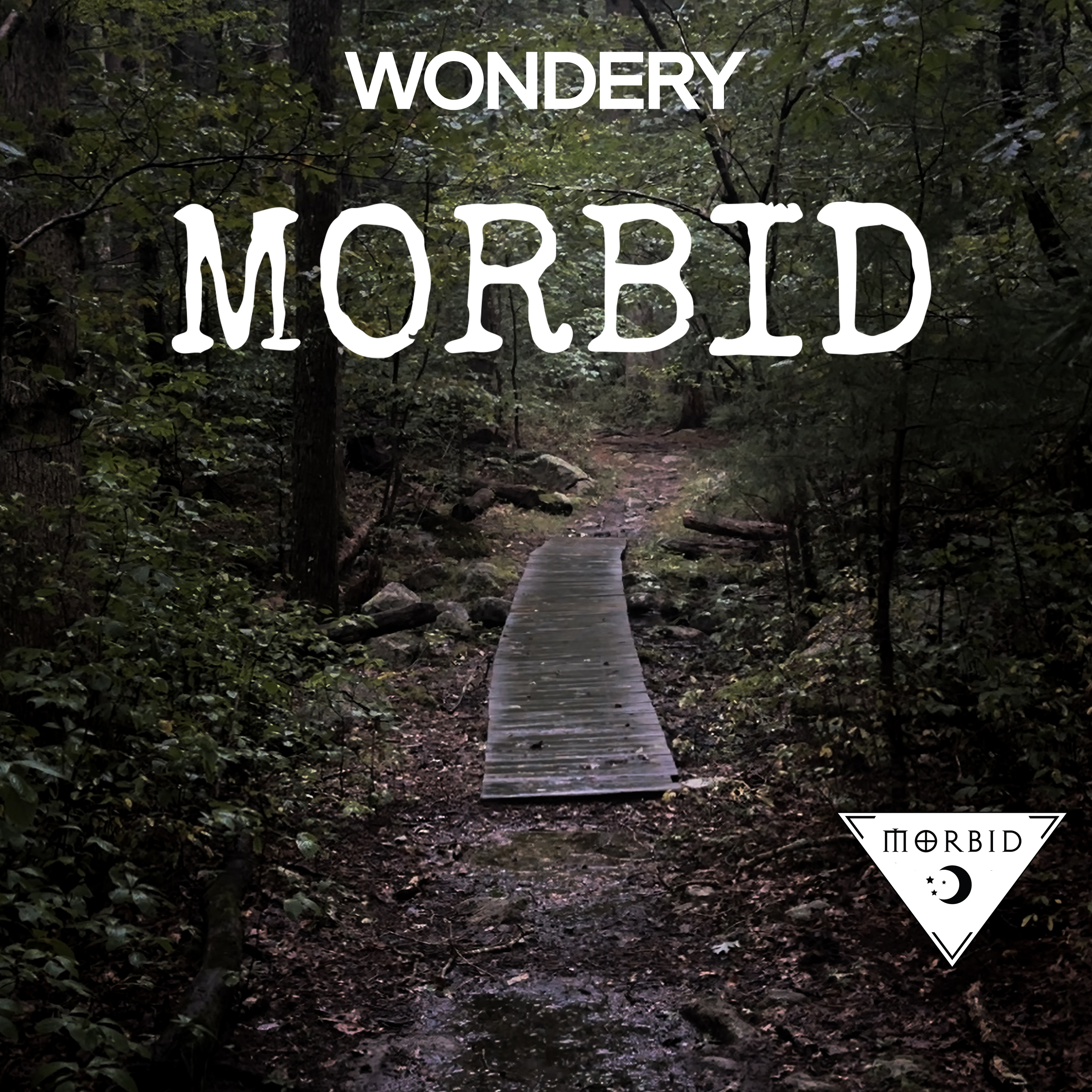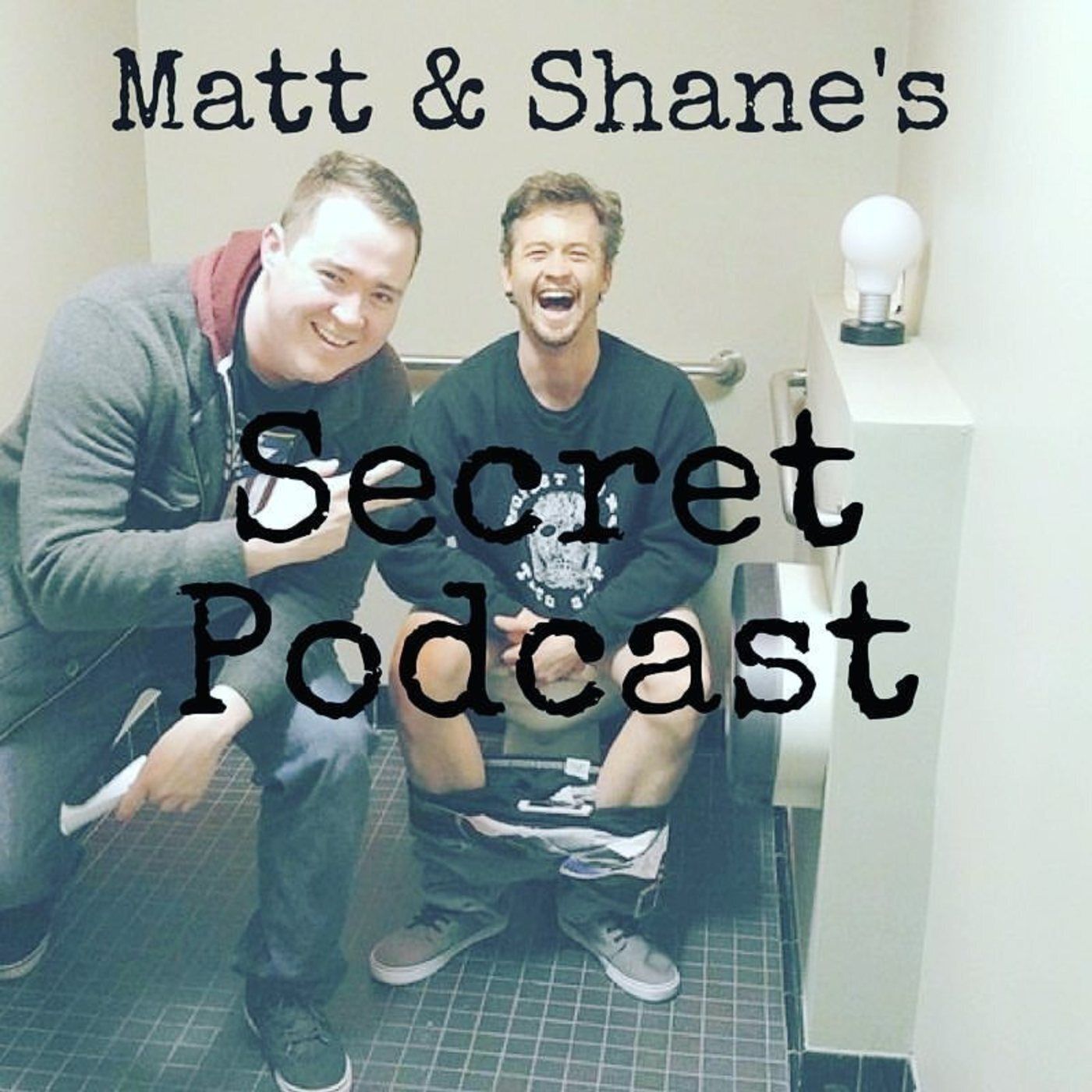How to Ruin Your Small Town in One Easy Step“They’re dying out there, alone.” She sighed and gestured out the plane’s window to the darkened hills of Vermont. My seatmate on a flight home from Christmas travel, she was a visiting nurse to the elderly and explained that nearly all of her patients had no one. Their children had heard the siren song of the interstate and never came back. Most of her scheduled visits these days resulted in an emergency call after finding her patients unresponsive or with a days-old injury. There was simply no one around to care. I nodded along, thinking of my own town and the aging parents of my former class mates there. You drive by their homes and notice a few more shingles fallen off the sides this year, fewer windows illuminated, the distinct silence of a yard with no grandchildren. Where had my peers gone? We are in our thirties now, we have our own homes and children, but it seems I am in the minority in choosing to return to our little hometown to raise my own. Where did the young people go? For those who wonder such things, the answer is both painfully obvious and deliberately ignored: we sent them away. Not just physically but spiritually, culturally, and economically. We told them to leave, to find something "better," and we equipped them to do just that. Playing with my little girl in our yard, sledding down the hill in the moonlight, I can hear the dull roar of the interstate on the ridge across the valley. Every now and then she’ll hear a large truck downshift and ask what the sound was. It always causes me me to pause for a moment and wonder if that big old road on the far ridge will take her away one day too. The interstate highway system didn’t create the rural diaspora of young people, but it certainly compounded it. We often praise this vast network of concrete veins as a marvel of modern ingenuity, of freedom, and it is, but it’s also a subtle destroyer of roots. The speed and ease with which we can now flee our hometowns is a historically strange phenomenon; for most of human history, the distance between where you were born and where you died could be measured in miles, sometimes even steps. Now, you can leave behind the fields, the factories, and the people you know, hop in any old car, drive halfway across the country, and never look back. We as a society haven’t reckoned with the consequences of that freedom, haven’t yet fully realized what it truly means. What happens to a town when its best and brightest are no longer bound by place, when their connection to home becomes a nostalgic flicker rather than a lived experience? The answer lies in hollowed-out downtowns, consolidated schools, and faded 'Welcome' signs that greet fewer and fewer each year.But even if I-89 and all the highways like it didn’t exist, even if leaving was more difficult, many small towns would still be on life support because the very lifeblood of their economies—manufacturing—has been drained away. I asked 35,000 people on X what destroyed their small towns and nearly every answer had some variant of “NAFTA” or the offshoring of American manufacturing. When local factories closed and production moved overseas, the jobs that sustained generations disappeared overnight. What remained were scraps: service work, retail, maybe a nursing home or two. Here in Vermont it’s healthcare. The idea of a dignified, meaningful career out of high school in the town factory became a fantasy. With no economic incentive to stay, young people were primed to leave. Their parents, who had watched their own livelihoods dry up, were all too ready to encourage the escape. “Go to college,” they said. “Make something of yourself.” They didn’t realize that in doing so, they were planting the seeds of their town’s demise.We can point to the interstate as the means by which people leave, we can decry the loss of American manufacturing as a large reason why the eyes of our youth drift toward the horizon, but what is the ultimate nail in the coffin? What causes them to finally pack their bags and head to the cities? The cultural hemorrhage of our young people, what I call the rural diaspora, began in earnest with the proliferation of liberal arts colleges and the financial aid systems that made them accessible to nearly everyone. From a very young age, Millennials were aggressively told the key to financial success was going to college. The push for college was relentless, especially from baby boomer parents and educators who saw higher education as the sole ticket to success. It didn’t matter if a child showed no interest in academics or if their talents lay elsewhere. Trade schools and local opportunities were dismissed outright as failures of ambition, for something the hicks and rednecks did because they couldn’t cut it in academics. What mattered was getting that degree—any degree—and leaving town to do it. For Millennials, the message was clear: staying meant stagnation, failure, and wasted potential. Never mind that many of those degrees led to crippling debt or careers that could just as easily have been built without them. By the time those young adults graduated, they were so disconnected from their roots that returning home felt like moving backward. What started as an admirable effort to democratize education has unintentionally caused a mass exodus from our small towns. The result? A generation untethered from place, leaving their aging parents to grow old and to die in the towns that are but a shadow of what they once were. Look out onto those cold, dark Vermont hills at night and you will see fewer lights than you did last year. How do you ruin a small town in one easy step? You tell the children to leave.So, how do you undo the damage? You start by coming home. Not just for holidays or long weekends, but for good. Return to the place that raised you, to the people who poured their lives into giving you a better future. It may not be easy. The jobs might not be there, the schools might be struggling, the streets might feel smaller than you remember. But your presence matters. Your children matter. Your parents matter. To leave them to age and die in obscurity is to contribute to the decline you once mourned. Your hometown doesn’t need a savior; it needs its people. It needs you. Because in the end, the only way to ruin your hometown is to leave it—and the only way to save it is to return.Please consider becoming a paid subscriber to support my writing. Thank you. This is a public episode. If you’d like to discuss this with other subscribers or get access to bonus episodes, visit oldhollowtree.substack.com/subscribe
# Rural DiasporaThe phenomenon of young people leaving small towns, resulting in demographic and economic challenges.











